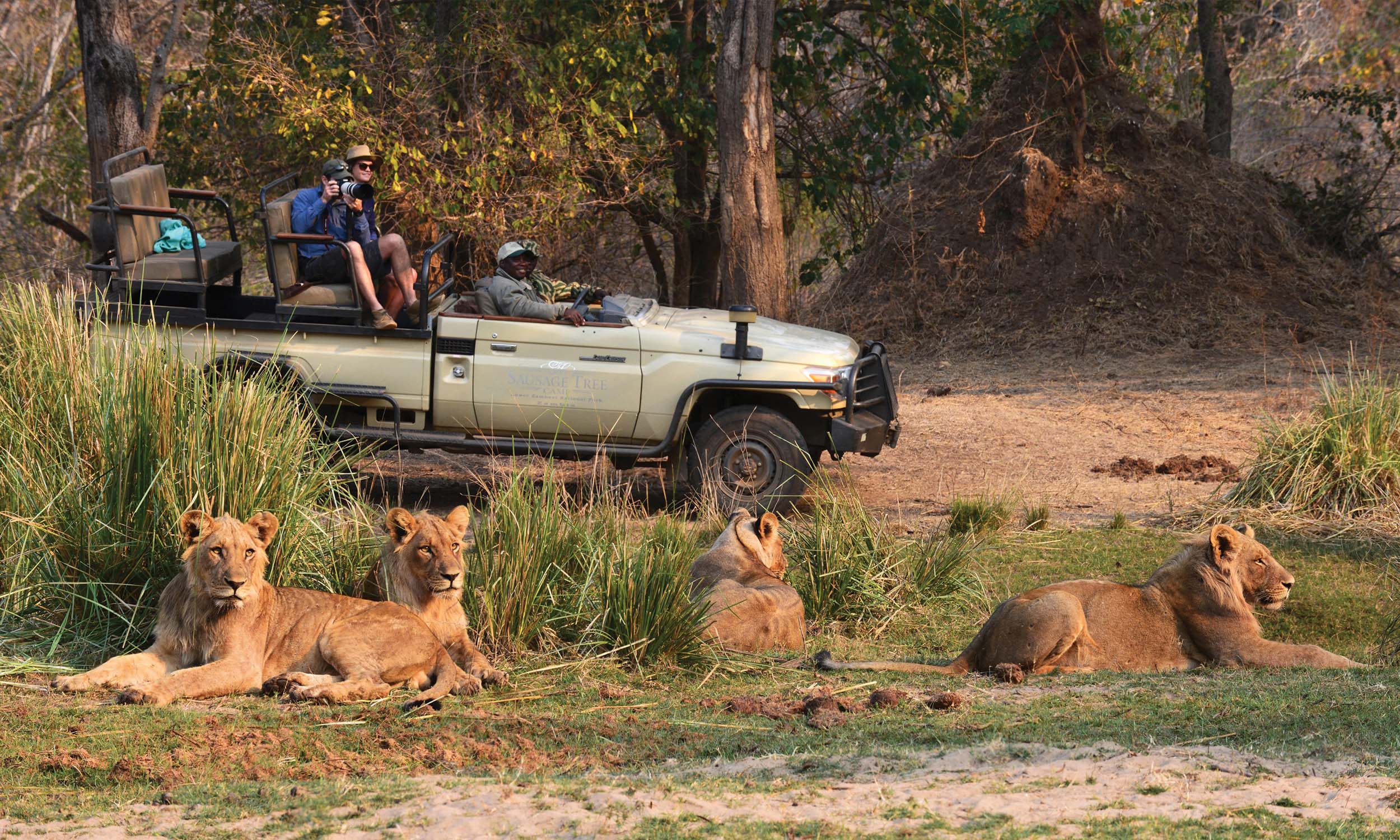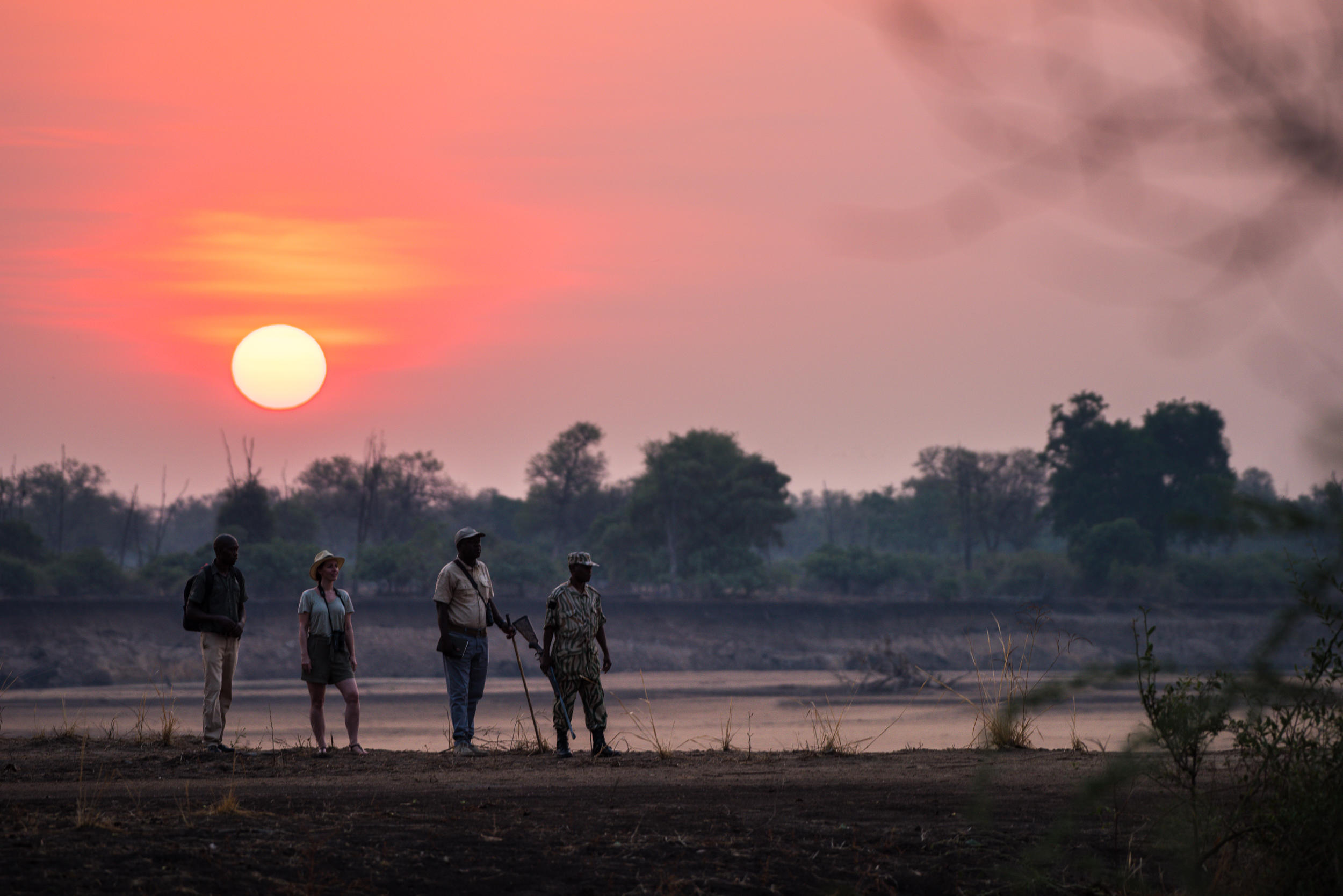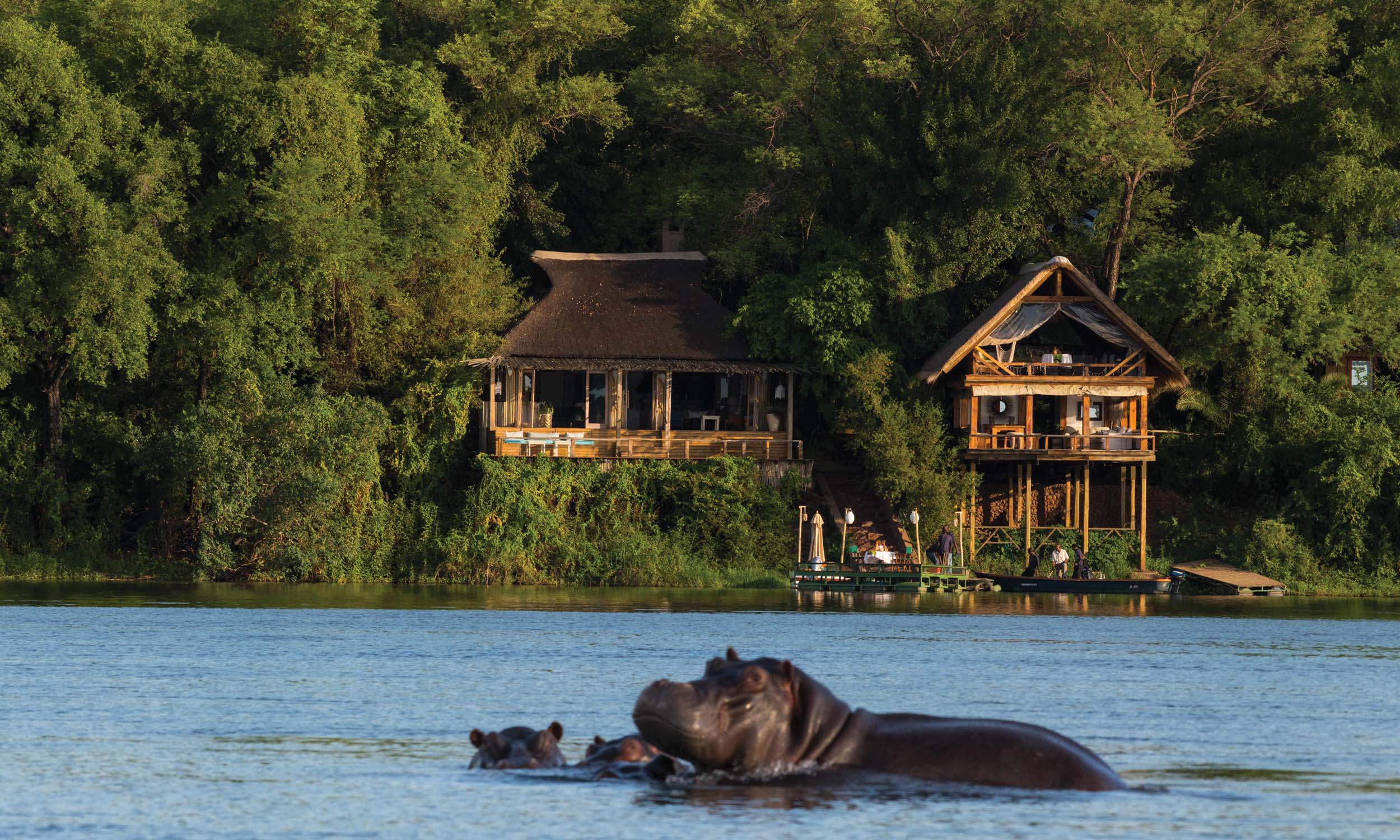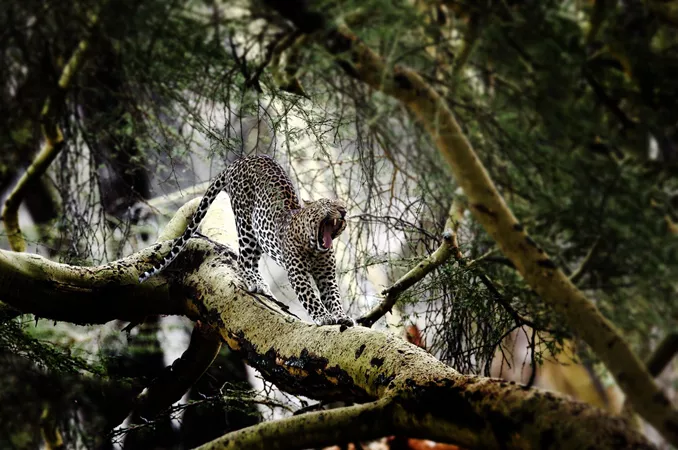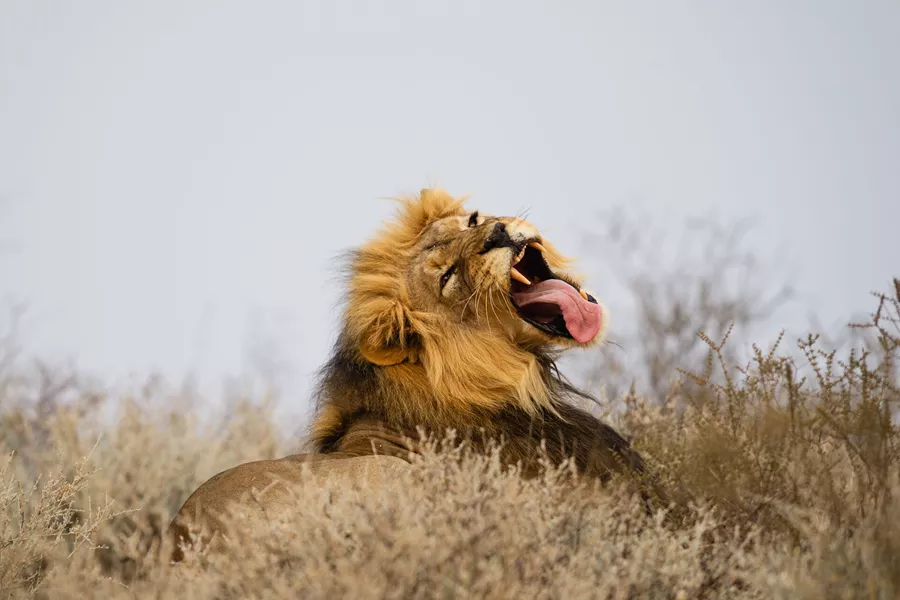The following information is intended as a guide only and in no way should it be used as a substitute for professional medical advice relative to a traveller's individual needs and vaccination history. No guarantee is made as to its accuracy or thoroughness. For further information, please contact The Travel Doctor and visit the Smart Traveller website.
Insect-borne diseases
There is a high risk of malaria throughout the year across Zambia. Consider medication to prevent malaria. Consult your doctor about which medication to take and for how long. To protect yourself:
- always use insect repellent
- wear long, loose, light-coloured clothing
- make sure your accommodation is mosquito-proof
To protect yourself from illness:
- drink boiled water or bottled water with sealed lids
- avoid ice cubes
- avoid raw and undercooked food, such as salads
- avoid contact with animals
- don't swim in freshwater
Please consult a medical practitioner or contact The Travel Doctor for your specific risk to preventable diseases and the appropriate avoidance measures. Australians travelling to Zambia should ensure that they have adequate travel insurance to cover the length of their stay.
For further information please visit Smart Traveller: Zambia Travel Advice & Safety | Smartraveller


